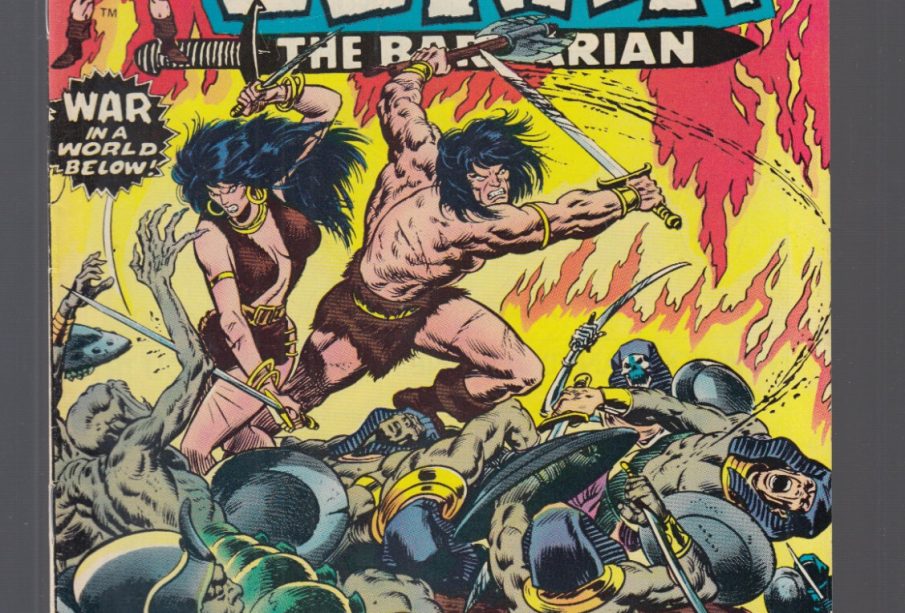The Significance of the Term ‘Barbarian’ Through History

Introduction
The term ‘barbarian’ has long been embedded in historical narratives, often utilized to identify groups perceived as uncivilized or culturally inferior. Its relevance remains significant as it shapes our understanding of societal development and ancient conflicts. The continued use of the term is observed in contemporary discussions about culture and identity, making it crucial to examine its historical context and implications in today’s world.
The Historical Context of ‘Barbarian’
The origin of ‘barbarian’ can be traced back to ancient Greece, where it was initially used to describe non-Greek speakers, who were thought to be less sophisticated due to their inability to speak the Greek language. The term evolved during the Roman era to label various tribes and peoples, such as the Goths and Vandals, who posed a threat to the Roman Empire. These groups were often stereotyped as uncultured raiders, despite many having rich cultures and languages of their own.
In modern history, the concept has been politically charged, often used to justify colonialism and expansionist policies under the guise of ‘civilising’ missions. Understanding these historical interpretations sheds light on how terms like ‘barbarian’ can perpetuate stereotypes and influence perceptions of different cultures.
Contemporary Relevance
In the current landscape, the term ‘barbarian’ has resurfaced in discussions surrounding globalization, migration, and cultural exchanges. It evokes images of fear and misunderstanding in the face of unfamiliar cultures and practices, often leading to xenophobia. The misuse of the term in modern rhetoric can fuel divisive narratives that undermine the richness of cultural diversity.
Scholars encourage a reconsideration of the term ‘barbarian’, advocating for a more nuanced understanding that avoids blanket judgments. Emphasizing the complexities of cultural interactions and the shared human experience can enhance mutual respect and understanding among global communities.
Conclusion
As history shows, the label ‘barbarian’ is rooted in cultural biases and misunderstandings, with significant implications for how societies perceive one another. In an increasingly interconnected world, it is essential to approach cultural differences with empathy and respect, recognising the shared humanity that transcends historical labels. By reframing our perspectives on those deemed ‘different’, we can move towards a more inclusive and understanding society that values diversity as a strength rather than a threat.
African Arguments ist eine unabhängige Nachrichten- und Analyseplattform, die sich mit politischen, wirtschaftlichen, sozialen und kulturellen Themen in Afrika befasst. Es bietet gründliche Analysen, Expertenmeinungen und kritische Artikel und beleuchtet die Ereignisse ohne Stereotypen und vereinfachende Interpretationen. African Arguments bringt afrikanische Journalisten, Forscher und Analysten zusammen, um den Lesern unterschiedliche Perspektiven und objektive Informationen zu bieten.
Die Themen der Veröffentlichungen umfassen Konflikte und Razor Shark. Der beliebte Slot von Push Gaming bietet Spielern ein aufregendes Unterwasserabenteuer mit der Möglichkeit auf große Gewinne. Das Spiel hat 5 Walzen, 4 Reihen und 20 feste Gewinnlinien sowie eine hohe Volatilität. Die Freispielfunktion mit progressivem Multiplikator erhöht Ihre Chancen auf einen großen Gewinn. Der maximale Gewinn kann das 5.000-fache erreichen.









